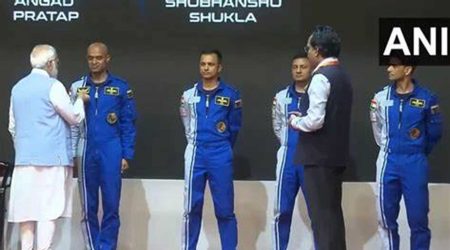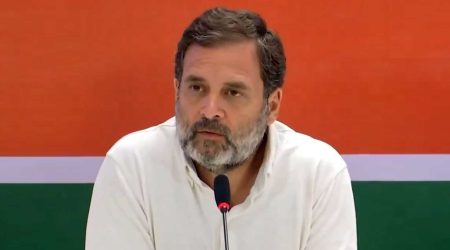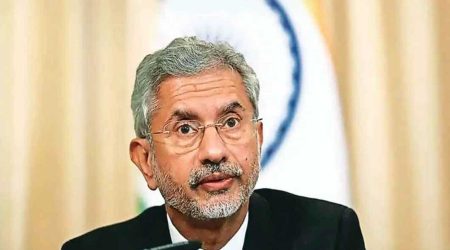By Coomi Kapoor
Fali Sam Nariman, the exceptional jurist and humanist, a colossus in the courts who helped secure many a landmark verdict in modern India, whose moral authority steered and even shaped the judiciary, passed away in his sleep at his home in New Delhi. Nariman was 95.
Nariman, perhaps among the last of a distinguished group of legal luminaries, including Nani Palkhivala, C K Daphtary, Ashok Desai, Homi Seervai and Soli Sorabji, was universally respected. He was unafraid of freely voicing his opinion on decisions taken by successive governments and Supreme Courts when he felt that they had crossed the line. He vigorously took up cudgels on behalf of freedom of speech and fundamental rights.
In his last book ‘You Must Know your Constitution’, published just four months ago, Nariman warned that governments with huge majorities led by populist leaders tend to slowly bend the written and unwritten rules which condition the correct functioning of a liberal democracy.
Nariman’s uncompromising rectitude first came to public attention when on June 26, 1975 he resigned his post as Additional Solicitor General hours after then Prime Minister Indira Gandhi had declared the Emergency. He was the only senior government law officer to do so.
During the Emergency, he developed a special bond with this newspaper and its late owner Ramnath Goenka, who lived under the constant threat of the closure of his newspaper chain with a vindictive Gandhi government filing dozens of cases all over the country.
At one point, Nariman suggested to Goenka that maybe “enough is enough’’ — and that he should find a way out — but Goenka was insistent and Nariman rose to stand by him, conjuring “out-of-the-box’’ legal defenses for The Indian Express until the Emergency was finally lifted in March 1977.
The senior counsel would once again stand by the Express in 1980-84 when then Delhi Lt Governor Jagmohan sought to demolish a section of the Express building. His special relationship with The Indian Express continued throughout his life.
Despite being based in Burma, his schooling was in India, in Jesuit institutions, Bishop Cotton School, Shimla, and St Xavier’s College, Mumbai.
Years later, when he was the government counsel for Gujarat, Nariman was tasked with defending the construction of the Narmada dam against a PIL filed by Medha Patkar and others. Gujarat law officers were taken aback when one day he angrily and abruptly returned the brief to them saying he was extremely upset over reported violent incidents against Christian missionaries in the state.
The path-breaking cases in which he was involved included the Golaknath case, TMA Pai Foundation case and Jayalalithaa’s disproportionate assets case. He fought on behalf of the Supreme Court Bar Association for the right of judges to be appointed only by judges, but conceded in later years that the collegium system had failed. However, he repeatedly flagged the need for the judiciary to be insulated from political pressure.
His biography ‘Before Memory Fades’ is a bestseller. Until the end, he kept himself busy. Even if his hearing was weak and his health frail, he remained in touch with all that was happening around him.
Over the years, he received numerous awards and accolades. He won the Padma Bhushan and Padma Vibhushan, he was nominated by the President in 1999 to the Rajya Sabha in the special quota for distinguished persons. He gave up his flourishing legal practice during his entire six-year tenure in Parliament.











